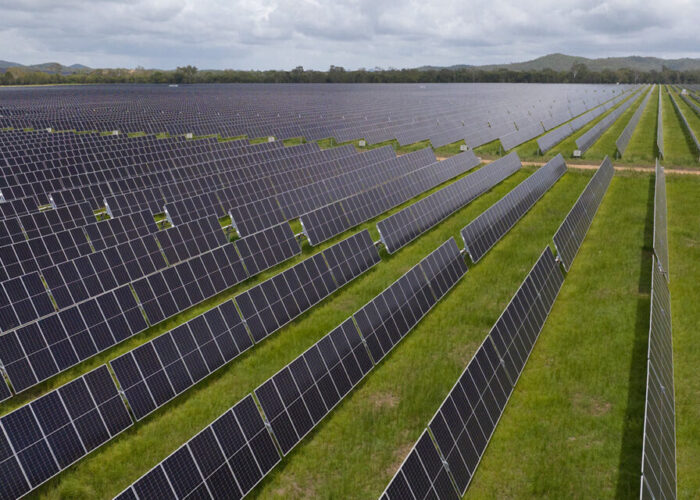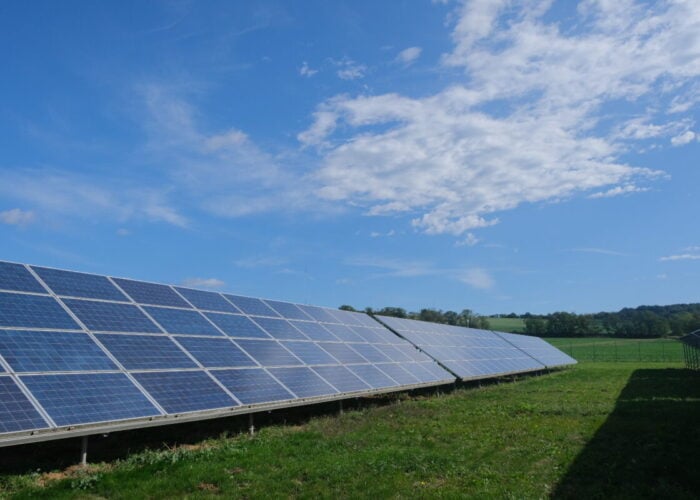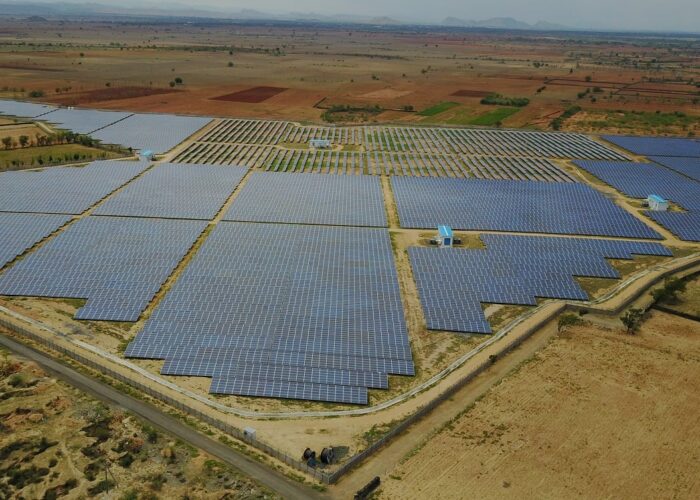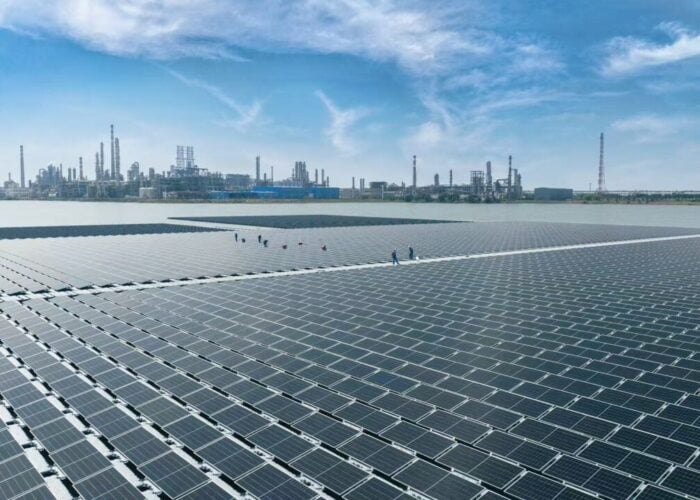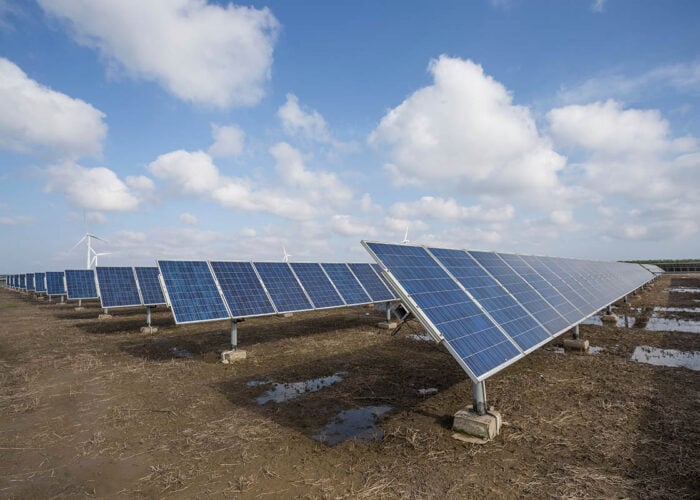Germany’s amended renewable energy laws were granted state aid approval by Brussels on Tuesday, the final political hurdle to their adoption.
The bulk of the changes were unlikely to conflict with EU rules with the majority approved in July, but issues over imported energy and reductions granted to large energy users had created friction.
Unlock unlimited access for 12 whole months of distinctive global analysis
Photovoltaics International is now included.
- Regular insight and analysis of the industry’s biggest developments
- In-depth interviews with the industry’s leading figures
- Unlimited digital access to the PV Tech Power journal catalogue
- Unlimited digital access to the Photovoltaics International journal catalogue
- Access to more than 1,000 technical papers
- Discounts on Solar Media’s portfolio of events, in-person and virtual
The German government passes a surcharge onto energy users to pay for its transition to renewable energy. Certain industrial sectors were given reduced rates to ensure they remained competitive within Europe, prompting the commission's investigation into possible state aid breaches.
In the end, the reduced payments were largely approved although some big greenhouse gas emitters were found to have been handed overly generous reductions with some repayments requested by Brussels.
The commission deemed these discounts to be advantageous for German firms versus their European competitors.
Commissioner Margrethe Vestager, in charge of competition policy, said the decision had achieved its goals.
“I want to strike a balance between several needs: to promote renewable energy and ensure its stable financing,” said Vestager. “At the same time we need to make sure that contributions by SMEs and consumers is fair, and that we protect the competitiveness of European industry.”
The EEG sparked opposition from solar advocates in Germany. A portion of the surcharge will now be paid by solar power self-consumers creating a situation whereby heavy industry was afforded concessions while individuals and businesses that invested in solar were given additional costs.

